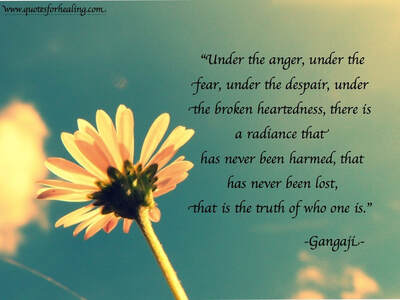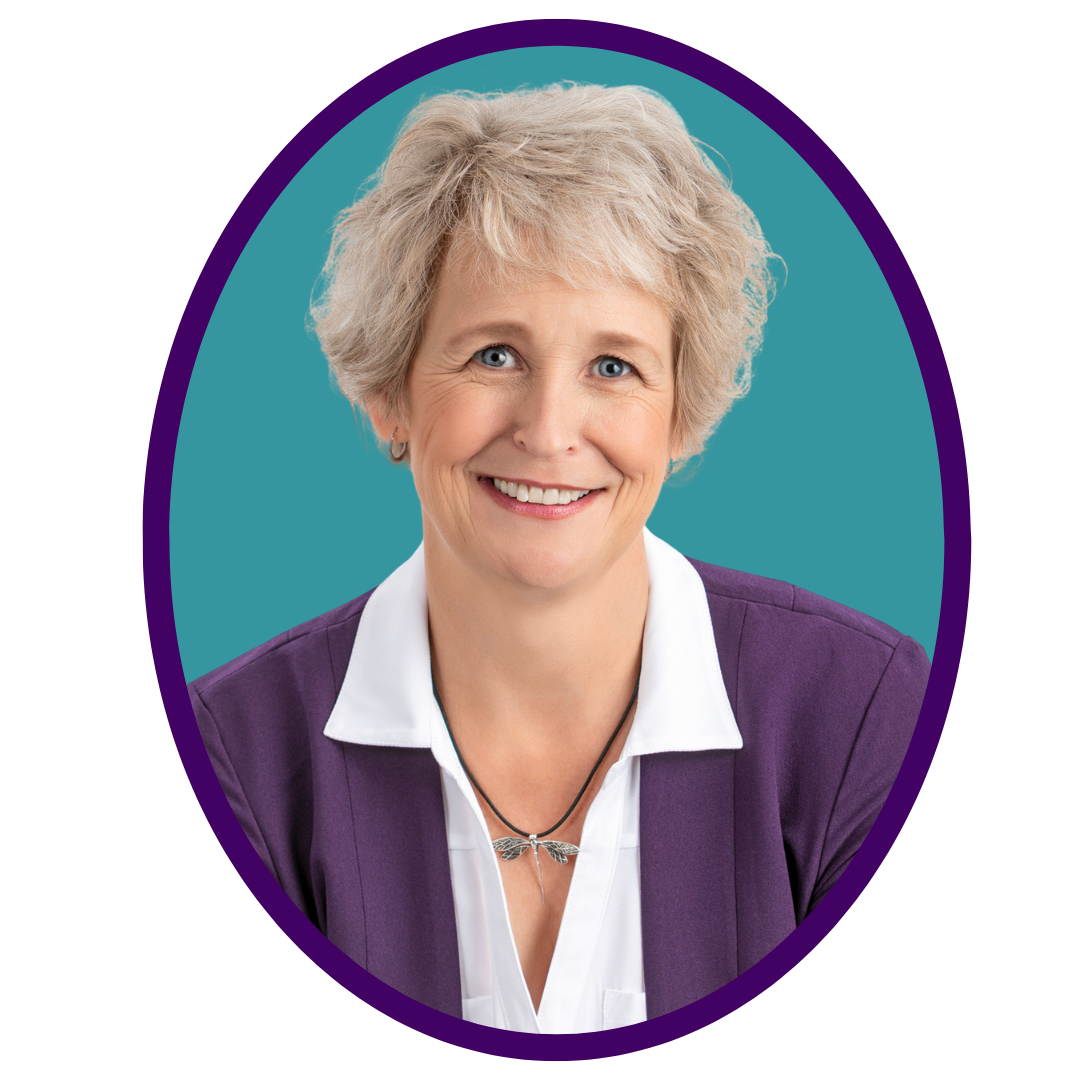|
Imagine being able to reach inside and find your true self, the one you came into this world as? Imagine going back and removing all of the conditioning that self was subjected to. Who would you be today? Who could you be today? While I drove up to Radium, B.C. a couple of weeks ago, I listened to Dr. Beverly Engel’s Healing Your Emotional Self: A Powerful Program to Help You Raise Your Self-Esteem, Quiet Your Inner Critic, and Overcome Your Shame. Y’know, a little light reading. I was, as usual, searching for insights to better serve my clients. I was not disappointed. Some insights come through the words and ideas of an author, but others are arrived at as an almost visceral reaction to the same. Dr. Engel is an internationally recognised psychologist and the author of twenty-two books, but l’il old me takes great exception to some of the words she uses.
You might be saying, “But, wait, Christie. Are you arguing that abuses don’t happen?” Of course not. Abuse is a very real, very tragic thing, but Dr. Engel uses it a little too freely for my tastes. A parent who scolds a child is not being ‘abusive.’ The child may suffer emotionally for it – and forever – but there was no intent to injure on the part of the parent. Any of you parents reading this might be getting defensive. “There’s no way I caused my child emotional trauma with a simple scolding!” The adult mind understands scolding. The mind of a four-year-old? Not so much. His logic might go something like this: “Mommy is angry.” “I made Mommy angry.” “Mommy is perfect.” “There must be something wrong with me.” By the time the child learns that Mommy (or Daddy, or Grandma, or the nice daycare lady) isn’t perfect, the damage is done. You see, for a small child, the need for his caretakers to be perfect is a matter of survival. They cannot be imperfect, or the child’s life is literally in jeopardy. Conditioned with scolding (as an example) for long enough, that boy could become a man who cannot take criticism of any sort. He may lash out in anger any time he feels judged. By contrast, he may become a doormat, eager to please, never risking criticism. The boy’s mother was doing the best she knew how. Her intention was to guide her son into doing what she believed to be right. She was guiding his behaviour so he would be the kind of child she wanted him to be. The kind of child she wanted him to be. Thus begins the undermining of his true self. Nothing abusive. It was all intended to be for the greater good. Children cannot be allowed to run amok. Society’s got rules, and the child who does not follow those rules will be ostracised. That, too, is a matter of survival, isn’t it? The trouble is that societal norms change more quickly and easily than parenting styles. The latter tend to get passed down through the generations. The “children should be seen and not heard” paradigm has given us generations of kids, and, subsequently adults, with no voice. No wonder we’re looking to our leaders to take care of us and tell us what’s best for us. No wonder more of us aren’t screaming in anguish over children living in cages. That brings me to the other word Dr. Engel uses which gets my back up: Victim. You are not responsible for the conditioning you received in childhood, but, as an adult, you are responsible for fixing it. I refuse to see any grown up as a victim. The facts as I see them:
I know which world I would rather live in. It’s the one I’m trying to help promote, the one where compassion triumphs over judgment, where collaboration is ultimately seen as more advantageous than divisiveness, where we realise that global interests are self-interest. And it all starts with healing our inner children first. That’s how we turn the tides. Healing is contagious. Leave the world better This week I was working with a friend, Andrea McGuinness owner of Optimum Parenting for Families when we realised that what most parents want is to be the parent they needed as a child. In a moment of synchronicity, this morning I ran across Brené Brown’s The Gifts of Imperfect Parenting, a quote from which really hit me: “Are you the adult you want your child to become?” I’m just going to leave that right there while you check yourself for anger issues, anxiety, addiction (including workaholism), low self-esteem, perfectionism, shame… What do you want your legacy to be? AuthorChristie Morden is Calgary's premier emotional legacy coach. Her unique and revolutionary Quicknotherapy, a blend of hypnotherapy and coaching techniques, helps her clients achieve results fast and get the healing that they and their families need to shatter the pattern of generational emotional trauma.
0 Comments
Leave a Reply. |
Christie MordenMental Health Coach Archives
March 2022
|

